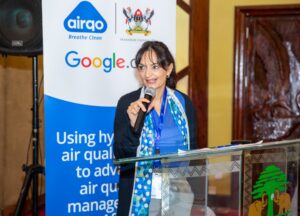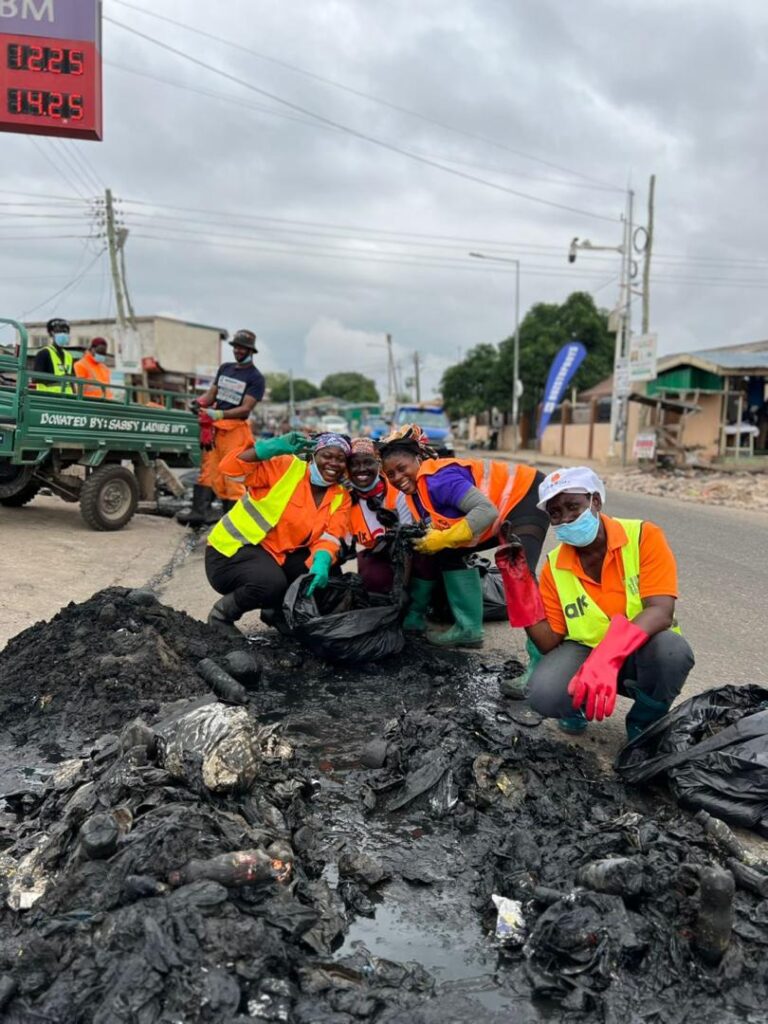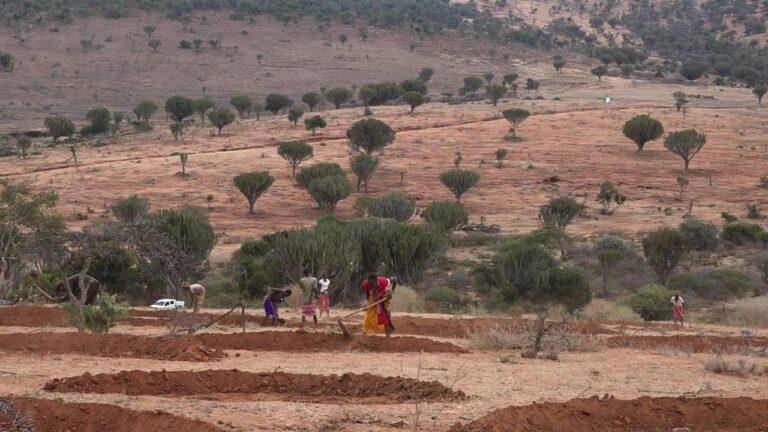Over 25 African cities converged in Nairobi to champion clean air solutions in a powerful show of continental solidarity from July 15th-17th 2025 in an engaging forum.
The three-day forum aimed at forging a united front in the fight against air pollution. The Clean Air Forum, held under the theme “Partnerships for Clean Air Solutions,” brought together environmental experts, government agencies, and city officials to deliberate on sustainable strategies for improving air quality across the continent.
Tunde Ajayi, General Manager at the Lagos State Environmental Protection Agency (LASEPA), expressed optimism about Africa’s increasing ownership of the air quality narrative. “The last three days have been very engaging. There have been all kinds of discussions around air quality, and I think gradually, Africa is going to take responsibility for its own air quality,” he noted.
Coming from Africa’s most populated city, Ajayi emphasized the growing capacity among African cities to independently collect data, produce relevant reports, and hold their leaders accountable.
“We are creating our own data and reporting the reality of our cities. We are beginning to hold our own leadership and policy makers by the hand and making sure that they report accurately.”
He also lauded the increasing commitment of cities across the continent in prioritizing air quality. “Out of this engagement, we’ve learned that different African cities are taking responsibility by themselves. They are beginning to pay attention to air quality as a leading priority. This year we had 25 cities, but I do hope going forward, more cities will join so that we can be able to grow the Clean Air Network.”
On the other hand, Barirega Akankwasah, Executive Director of Uganda’s National Environment Management Authority, stressed the devastating toll air pollution takes on health, the environment, and economies. “Air pollution affects not only human health but all forms of living things, including livestock and wildlife,” he said.
“Statistics show the world is losing over 7 million people annually due to air pollution — more than deaths caused by HIV/AIDS, wars, malaria, and accidents.”
Akankwasah urged African nations to work in unison, noting that air pollution knows no borders. “Air is trans boundary — it does not respect national boundaries. So it is very important that countries and cities work together to address this monster.”
He further advocated for regional knowledge-sharing and technology transfer, especially in acquiring low-cost air monitoring sensors to enable real-time tracking and evidence-based policy responses. “We must bring together all stakeholders from all sectors contributing to air pollution — transport, industrialization, cooking energy, and waste management — to deliver clean air,” he added.
Latest statistics reveal that air pollution is now the second-leading cause of death in Africa, after malnutrition. An estimated 1.1 million premature deaths annually in Africa are linked to air pollution, particularly household air pollution and outdoor (ambient) pollution. Children and women are disproportionately affected, especially from indoor pollution caused by biomass cooking fuels.
Major cities like Lagos, Nairobi, Cairo, Kampala, and Johannesburg regularly record PM2.5 levels far above the WHO’s recommended limits. The leading factors of air pollution in Africa are urbanization, vehicular emissions, industrial expansion, and poorly regulated construction.
Around 600 million Africans still rely on wood, charcoal, and kerosene for cooking and heating, exposing families to high levels of toxic smoke daily. In relation to this, indoor air pollution is a leading cause of respiratory diseases, particularly among children under five and women.
During the forum, it was also established that most African countries have limited air quality monitoring systems or none at all. Where monitors exist, many are concentrated in capital cities, leaving rural and peri-urban areas unmonitored.



